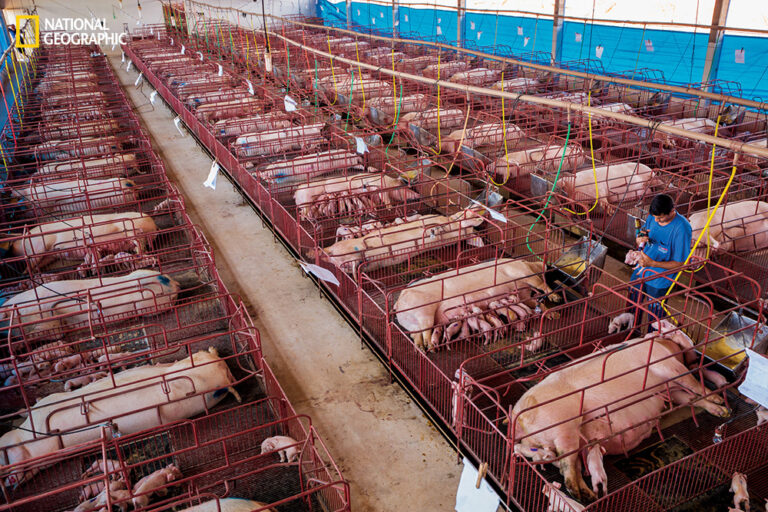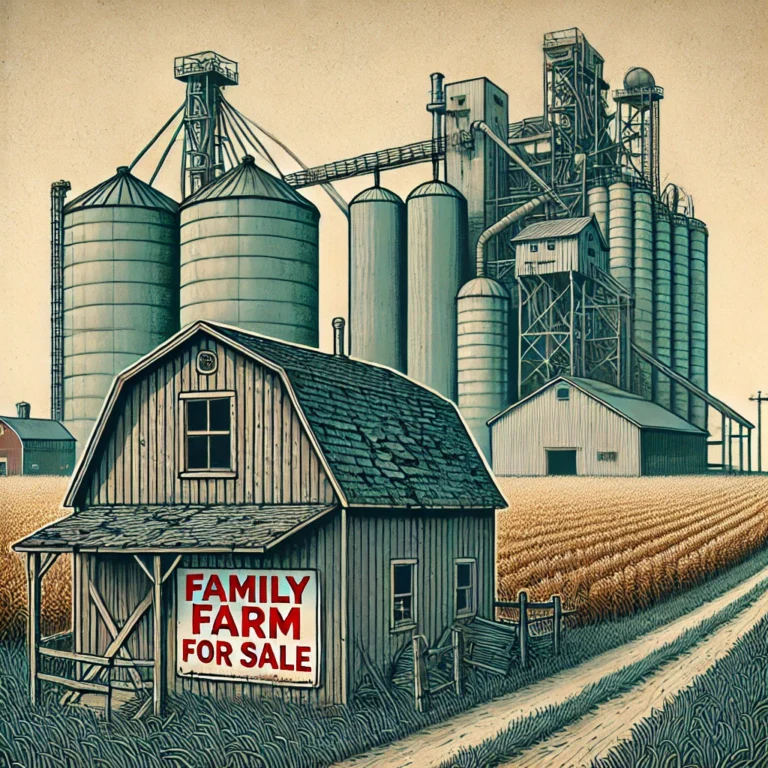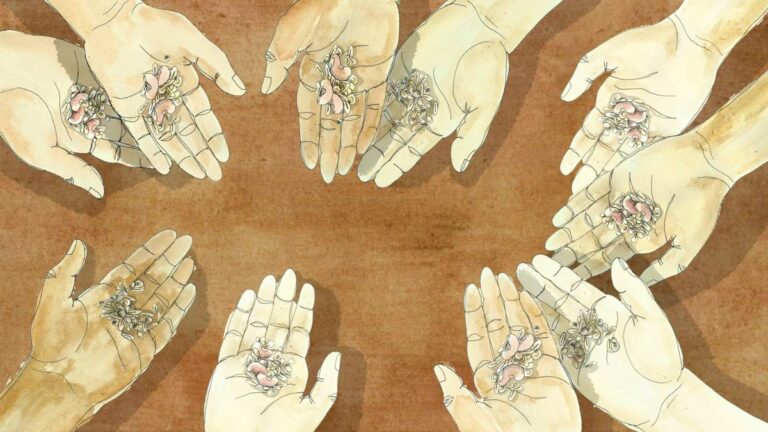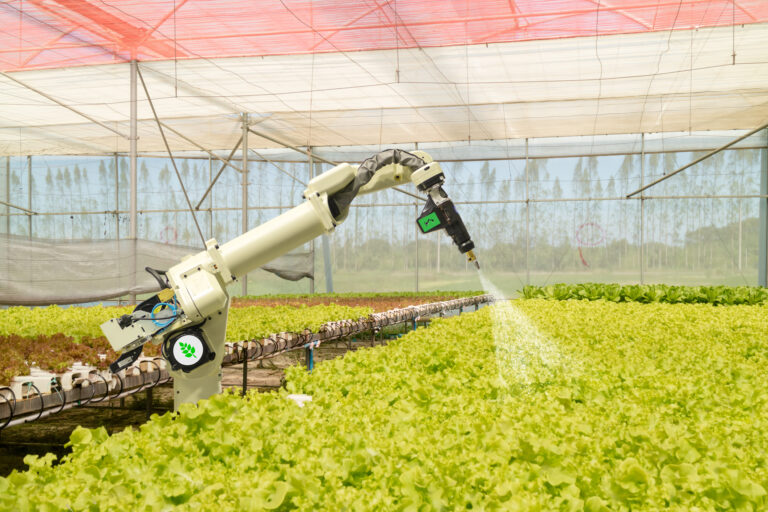the origins and history of agribusiness
The Origins and History of Agribusiness: From Vision to Reality The origins and history of agribusiness can be traced back to 1957 when John H. Davis and Ray A. Goldberg published A Concept of Agribusiness. Their pro-corporate stance argued that the private sector, rather than the government, should be responsible for the stabilization of the agricultural…





